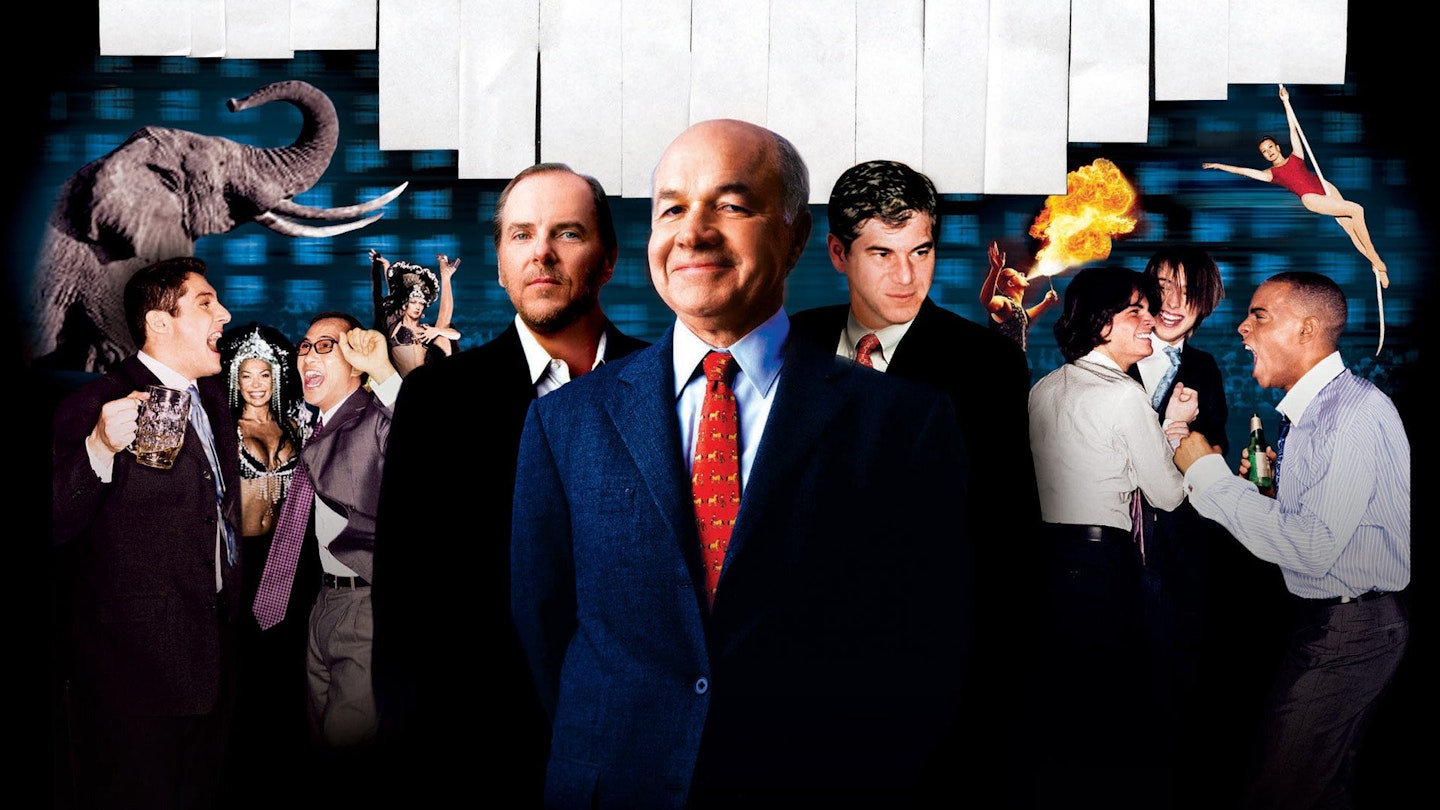Strippers. Arnold Schwarzenegger. Extreme sports. This is not your average business documentary. But then, Enron wasn’t your average business. The fall of the American energy giant in 2001 was not just a devastating blow for the thousands of workers and retirees who lost their jobs and pensions, but a slap in the face for the American dream.
In 2000, Enron was worth $70 billion, and chairman Ken Lay was being talked up for a senior post in the Bush administration. Within 18 months, the money was gone and the company in bankruptcy, as the house of cards tumbled down and the world learned that Enron’s rosy accounts were based on money that had never existed and grand schemes that cost billions. What’s more, this sleight of hand had been endorsed by virtually all of Wall Street’s biggest banks and accounting giant Arthur Anderson, making all of them complicit in history’s biggest corporate scandal.
Gibney’s film deserves enormous credit for making these financial shenanigans comprehensible — mark-to-market accounting, insider trading and trading in energy futures are all explained in simple terms. What’s even more impressive is that these tactics become positively fascinating, bringing us back time and again to the moral of the story — it’s not about numbers, it’s about people.
Impressively, the Enron executives are fully-rounded characters in this story, despite the fact that most did not participate, on legal advice. Ken Lay is the charismatic chairman and political player; Jeff Skilling the visionary CEO and compulsive risk-taker; Andrew Fastow the menacing chief financial officer who went furthest across the line into illegality. Not to mention Lou Pai, the former head of the EES division, who cashed out with $250 million after “divorcing his wife so he could marry his stripper girlfriend who was carrying his child”. You couldn’t make it up.
Despite the talking heads and grainy blow-ups of TV footage, the film boasts some rather gorgeous cinematography and moves briskly, with the interviews masterfully edited. Catchy tunes and artfully chosen stock footage also keep the pace swift. But for all the high production values, you’ll leave with the depressing knowledge that the executives got away with millions and left their employees high and dry, and that it could all happen again.

